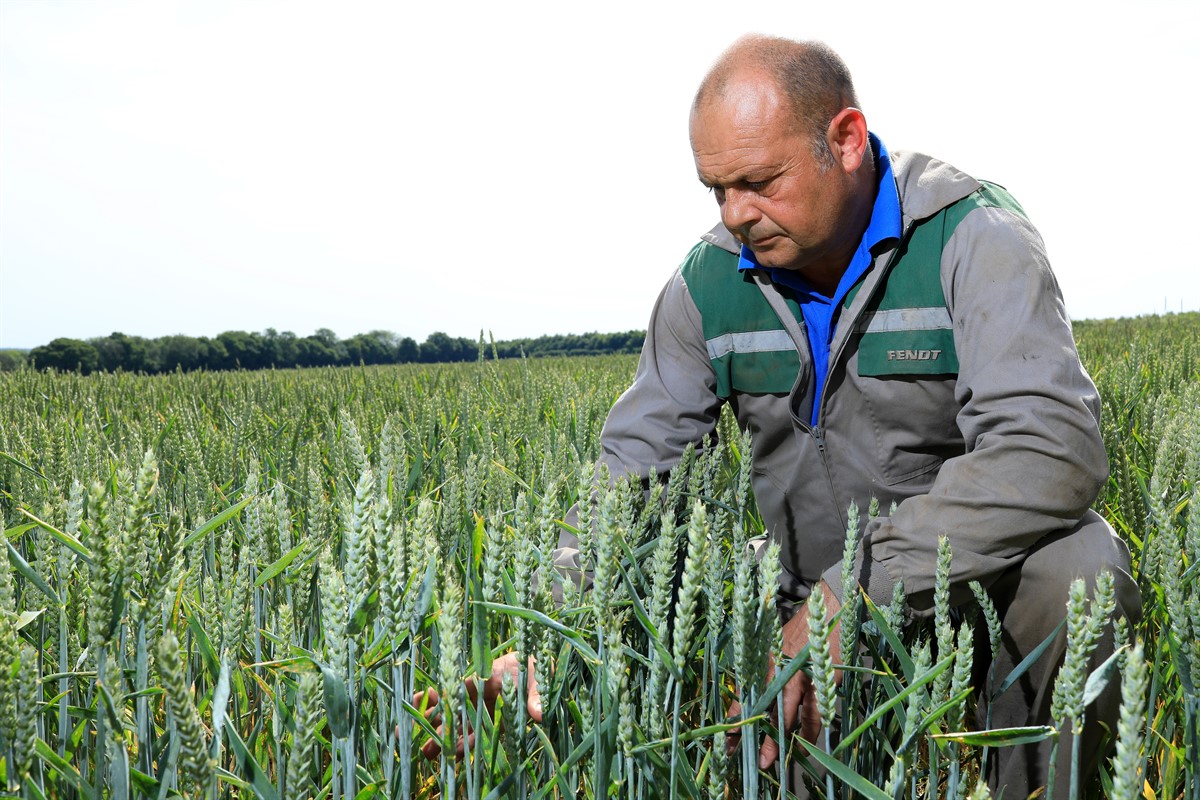Read Matt's column in full here:
It seems over recent months that good news policy announcements for our sector have been few and far between, so it was welcoming to hear the recent government decision confirming the roll out of E10 petrol this year.
This is great news for the arable sector and British farming, following a decade-long NFU campaign and culminating in a detailed response to the final E10 consultation last year. A period of intense lobbying and work with government bodies such as Defra, the Department for Business Energy and Industrial Strategy, the Department for Transport and the All-Party Parliamentary Group for Bioethanol, led by NFU crops advisor Chloe Lockhart and championed by North East crops board chair Brett Askew, has had a major influence on the end result.
Outlining how the implementation of E10 could deliver significant economic and environmental impacts for the country whilst supporting Britain’s bioethanol processing infrastructure and helping to ensure a sustainable British biofuel industry was a significant strand of the NFU campaign, as was the ‘Email your MP tool' which saw more than 100 MPs hear from farmers.
The introduction of E10 – petrol containing 10% renewable ethanol – will result in a reduction in emissions equivalent to taking 450,000 cars off Britain’s roads, with the Vivergo and Ensus plants in full operation there will be a potential demand for approximately 2 million tonnes of wheat. Half of which will be returned back to UK livestock farmers as a high protein feedstock in the form of distillers dried grains.
As the UK economy goes on its journey towards net zero and switches from diesel to petrol hybrid vehicles, it would be fair to say the demand for bioethanol can only increase, giving UK wheat growers an important secure domestic market.
In its response to the DfT's consultation, the NFU noted the huge underutilised opportunities for UK crops in the biofuels sector, not just wheat to ethanol but also the prospects for biomethane as a transport fuel which could be driven by further investment in biomass infrastructure and anaerobic digestion.
“As the UK economy goes on its journey towards net zero and switches from diesel to petrol hybrid vehicles, it would be fair to say the demand for bioethanol can only increase, giving UK wheat growers an important secure domestic market.”
NFU crops board chairman Matt Culley
This is something that the government has recognised in its response to the 2020 climate change report and has committed to developing a new bioenergy strategy by 2022, which includes a key role acceptance for bioenergy and biomass.
Following on from this we are working closely with Defra, DfT, Red Tractor and our partners in Europe to ensure that rules around the Renewable Energy Directive remain compatible with our bioenergy ambitions.
In recognising that the success of UK biofuels is not just a boost for UK agriculture, but also a boost for jobs within the wider economy, we can use this particular example in terms of our lobbying work with government regarding their ‘levelling up‘ agenda, policy and ambitions. As the country and the economy emerges from the Covid crisis, investment in jobs will be key for our politicians and tapping into those ambitions will be vital for agriculture.
We understand that direct support for our sector is decreasing so we must ensure we do not get left behind in the government’s thinking when it comes to investment in infrastructure and policy objectives. We will need these investments and policies to link into supporting existing and creating new markets for our sector, allowing the expansion of smaller niche crops. The increased investment in processing facilities needed to support them will be crucial for growers to help maintain and diversify their rotations.
The UK biofuels and biomass sectors are a great example to put in front of our politicians of how investments and policy can work for all.

